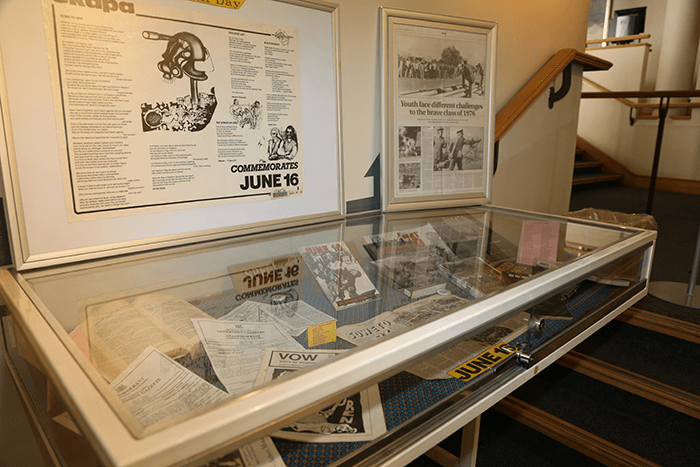UCT Libraries remembers the Soweto Uprising
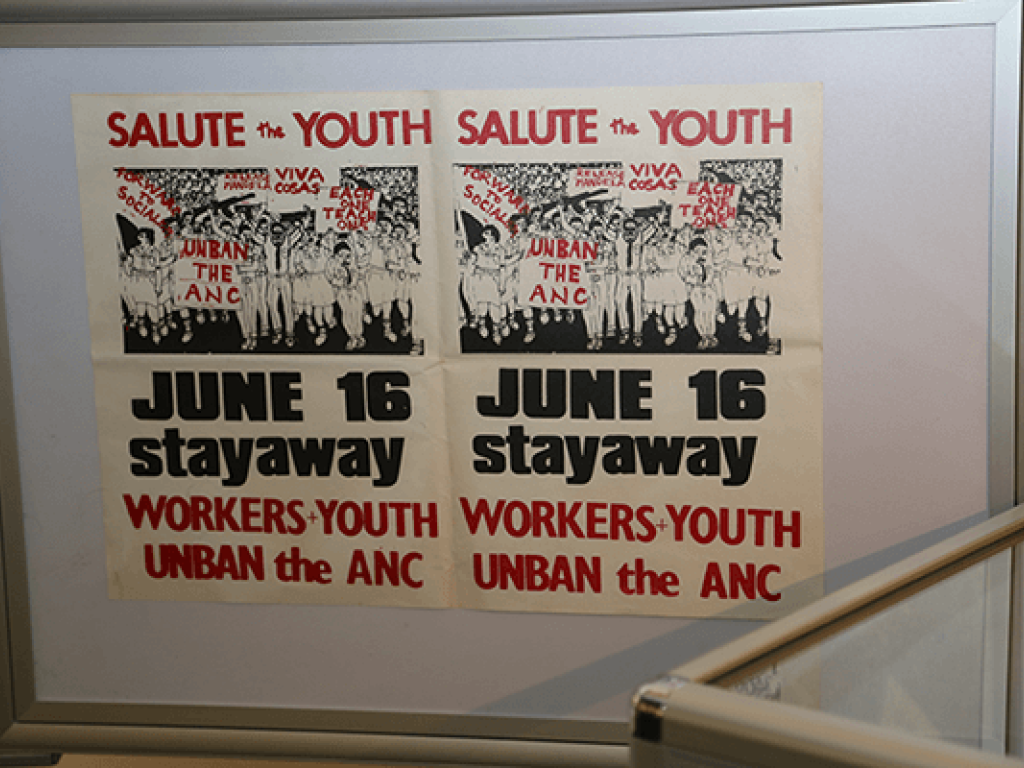
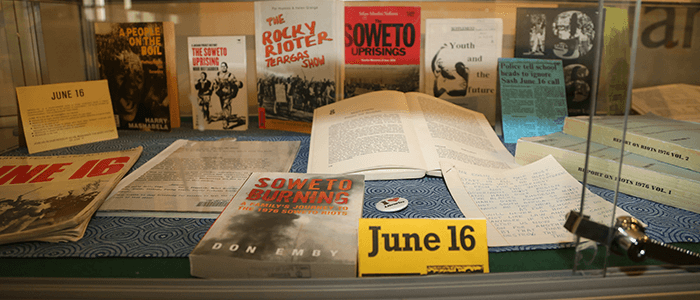
In memory of those who fought for equal access to education in the struggle against the Apartheid regime, UCT Libraries remembers the Soweto Uprising through displays on these events on 16 June 1976 in the Research Wing and the Main Library.
Why do we celebrate Youth Day on 16 June?
The Soweto Uprising was an important turning point in the struggle against the apartheid regime. It began on 16 June 1976 when school learners in Soweto, a township south of Johannesburg, rose up to protest the restrictive 1953 Bantu Education Act, among other racial laws, and demand equal access to education. The South African Students Movement's Action Committee, supported by the Black Consciousness Movement, had planned to march peacefully to Orlando Stadium, but were met with armed police firing teargas and live ammunition at the demonstrators. The number of protesters killed, some as they fled, ranges between 176 and 700. One of the first to be killed was Hector Petersen, whose dying image became the iconic face of the Soweto Uprising.
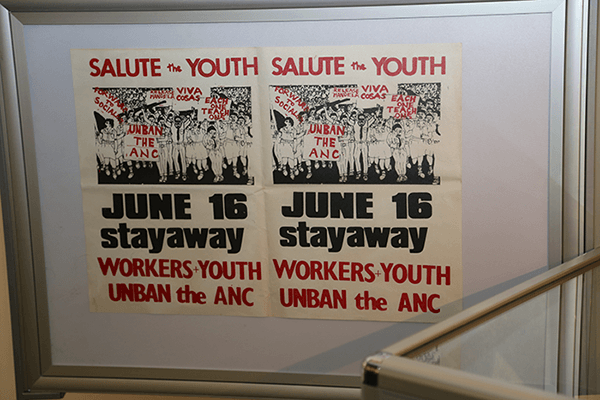
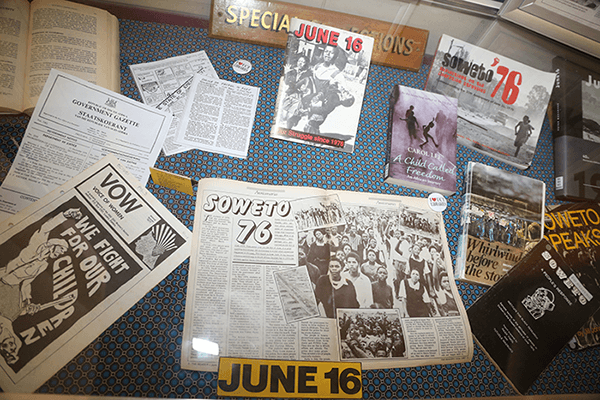
The protest gained nationwide momentum with students and workers, who boycotted schools, universities and workplaces. The sustained boycott garnered international attention and harsh criticism, especially following the death-in-custody of the Black Consciousness Movement leader, Steve Biko, on 12 September 1977. His funeral was attended by 15 000 people.
